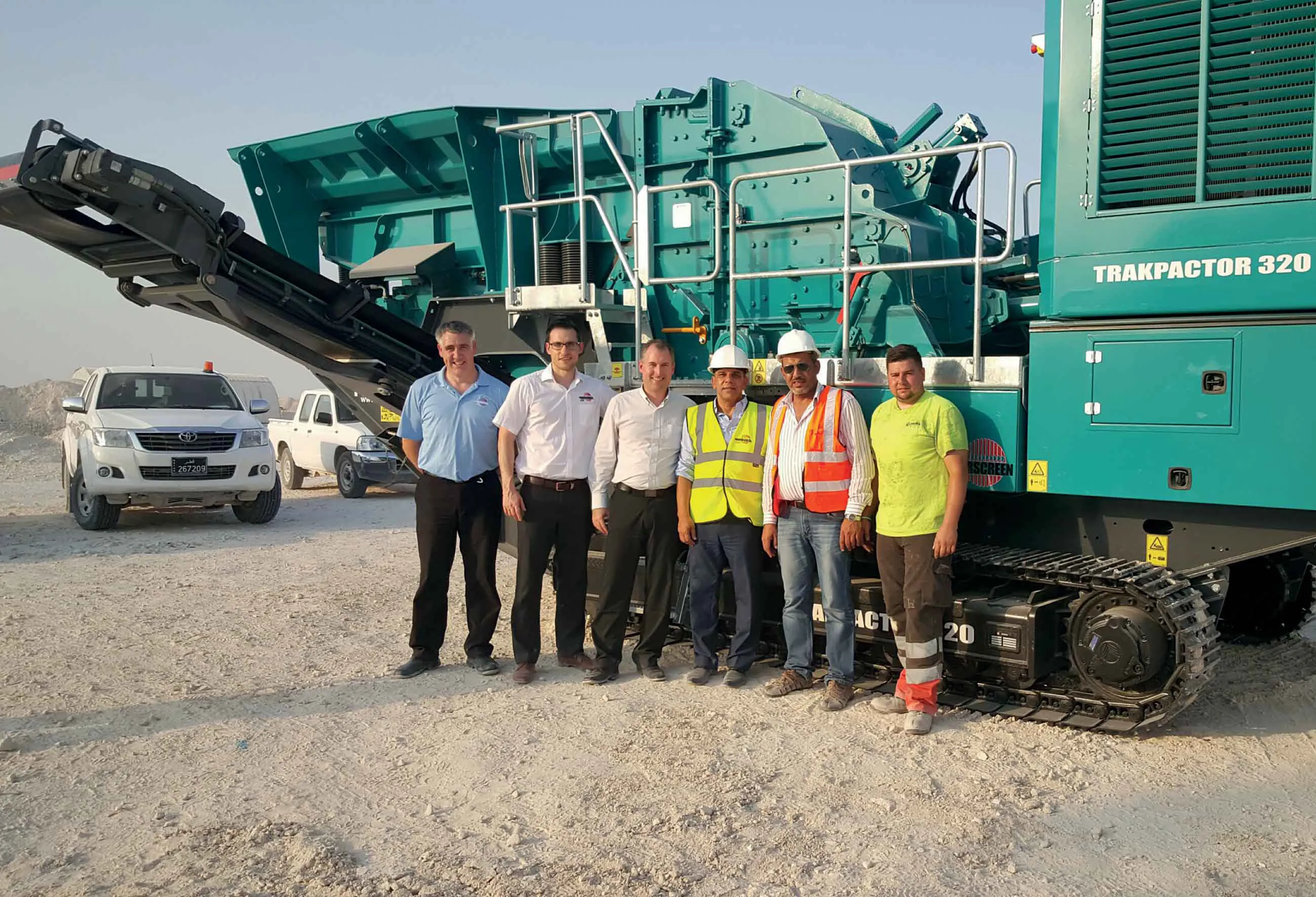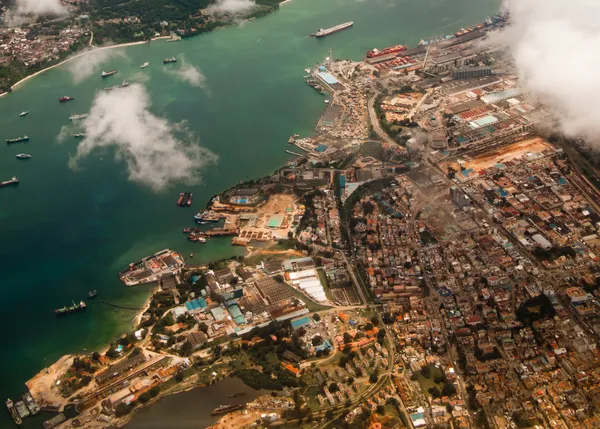Qatar is setting the wheels in motion for the development of a comprehensive highway network. Engineering firm KBR is working on a three year, US$185 million consultancy contract to manage Qatar’s highway construction and improvement programme. This package is an extension to KBR’s earlier contract, which the firm won in 2010. The new contract was awarded by Qatar’s Public Works Authority (Ashghal) and the highway network plans will form part of the country’s National Vision 2030 strategy. New and improved
June 16, 2016
Read time: 2 mins
Qatar is setting the wheels in motion for the development of a comprehensive highway network. Engineering firm KBR is working on a three year, US$185 million consultancy contract to manage Qatar’s highway construction and improvement programme. This package is an extension to KBR’s earlier contract, which the firm won in 2010. The new contract was awarded by Qatar’s Public Works Authority (2559 Ashghal) and the highway network plans will form part of the country’s National Vision 2030 strategy. New and improved road links will connect major urban areas with industrial zones, business districts, ports and airports. The aim of the plan is to improve connectivity and capacity and to cut congestion, with new highway links running north to south and east to west.
Qatar’s QAR 50B Expressway Programme is one of the biggest transport infrastructure developments in the world, including 40 major projects. This involves building 900km of new and upgraded roads, as well as constructing 348 bridges and underpasses and providing facilities for cyclists and pedestrians. A new route around capital Doha will carry truck traffic, reducing the number of heavy vehicles entering the city.
KBR’s job is to manage and oversee the various contractors working on the projects.
Qatar’s QAR 50B Expressway Programme is one of the biggest transport infrastructure developments in the world, including 40 major projects. This involves building 900km of new and upgraded roads, as well as constructing 348 bridges and underpasses and providing facilities for cyclists and pedestrians. A new route around capital Doha will carry truck traffic, reducing the number of heavy vehicles entering the city.
KBR’s job is to manage and oversee the various contractors working on the projects.









